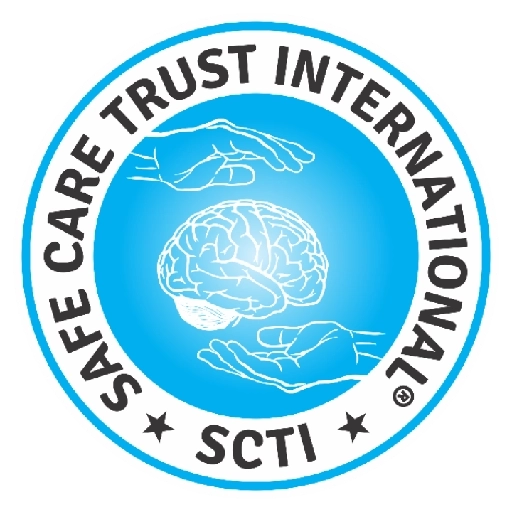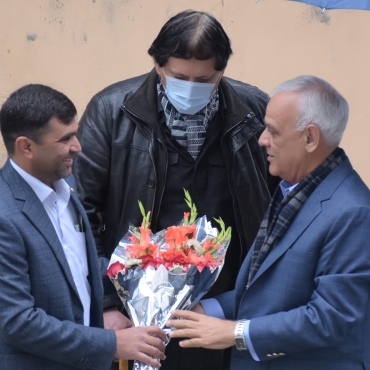Mania is the defining feature of bipolar disorder. Mania is a distinct period of elevated or irritable mood, which can take the form of euphoria, and lasts for at least a week (less if hospitalization is required). People with mania commonly experience an increase in energy and a decreased need for sleep, with many often getting as little as three or four hours of sleep per night. Some can go days without sleeping. A manic person may exhibit pressured speech, with thoughts experienced as racing. Attention span is low, and a person in a manic state may be easily distracted. Judgment may be impaired, and sufferers may go on spending sprees or engage in risky behavior that is not normal for them. They may indulge in substance abuse, particularly alcohol or other depressants, cocaine or other stimulants, or sleeping pills. Their behavior may become aggressive, intolerant, or intrusive. They may feel out of control or unstoppable, or as if they have been “chosen” and are “on a special mission”, or have other grandiose or delusional ideas. Sexual drive may increase. At more extreme levels, a person in a manic state can experience psychosis or a break with reality, where thinking is affected along with mood. This can occasionally lead to violent behaviors. The severity of manic symptoms can be measured by rating scales such as the Altman Self-Rating Mania Scale and clinician-based Young Mania Rating Scale.
At more extreme levels, a person in a manic state can experience psychosis or a break with reality, where thinking is affected along with mood. This can occasionally lead to violent behaviors.




